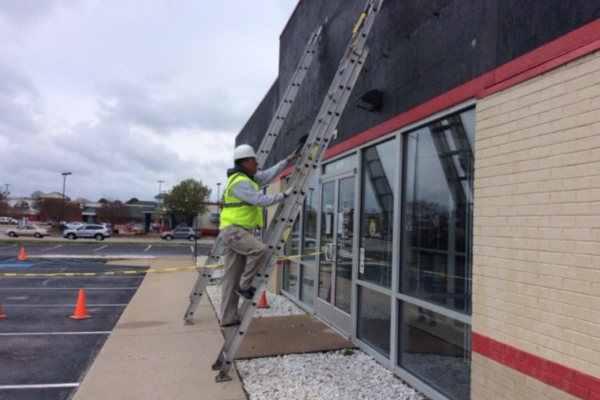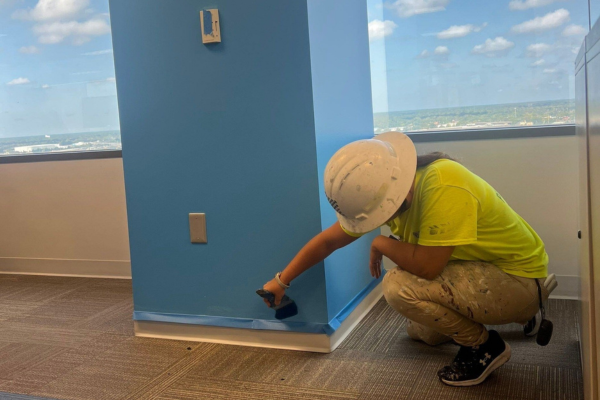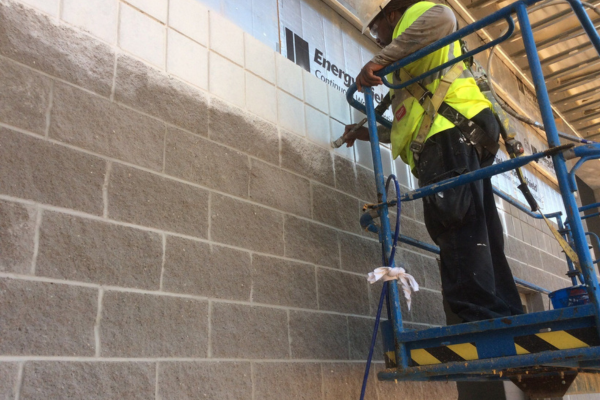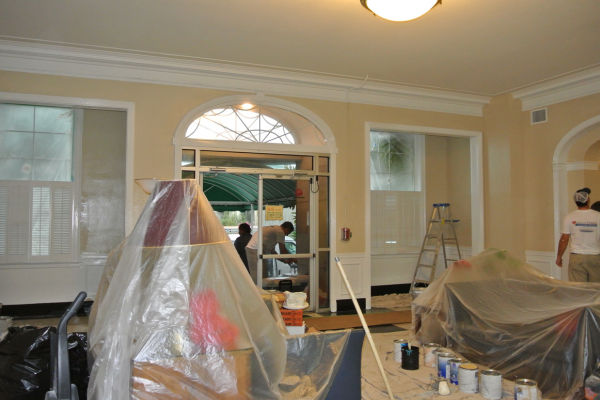Most warranties offered by paint and coating manufacturers protect homeowners against common paint defects that may lead to cracking, bubbling, peeling, and non-uniform fading within a short time frame after a paint job is completed. An essential point to bear in mind is that paints and coatings with extended warranties ensure a certain level of quality, lasting significantly longer than the products with no warranty obligations and saving people a lot of time and money in the long run.
 The warranty periods vary greatly between manufacturers, most of them offering anywhere from 10- to 25-year warranties. Regardless of the warranty provided, one important question is: Are these warranties real or are they just a clever marketing ploy especially developed to attract customers and increase sales? By reading the rest of this post, you’ll discover the real value of paint manufacturer warranties for property owners.
The warranty periods vary greatly between manufacturers, most of them offering anywhere from 10- to 25-year warranties. Regardless of the warranty provided, one important question is: Are these warranties real or are they just a clever marketing ploy especially developed to attract customers and increase sales? By reading the rest of this post, you’ll discover the real value of paint manufacturer warranties for property owners.
Paint Warranty: What’s In It for You?
Although a paint manufacturer warranty may be useful especially when a paint job fails due to a faulty product, it’s quite worthless if the contractor doesn’t provide a warranty against defects in workmanship. Assuming that the paint manufacturer will provide materials free of charge, you’ll also need someone to perform remedial work. One way to ensure that the painter you’ve initially hired will complete the repairs is to get a written workmanship guarantee.
All exterior paints and coatings exposed to the elements wear away gradually, leading to color fading, chalking, cracking, or peeling. Since most types of paints degrade over time, they should be reapplied regularly, as part of standard maintenance, to protect buildings from deterioration and improve their overall appearance. Normal wear and tear due to the elements along with any damage caused by abnormal use or improper maintenance won’t be covered under paint warranty.
Since the life cycle of most paint jobs is shorter (between 5 and 10 years) than the warranty periods provided by paint manufacturers, most manufacturers offer guarantees on their products irrespective of workmanship warranties. Why? Simply because the manufacturer warranty is completely different from contractor warranty.
Under the terms of a standard paint warranty, for example, a manufacturer will provide you with materials free of charge only if the failure has occurred as a result of a defect in the paint formula, poor ingredients, or errors in preparation, handling, and/or storage in manufacturing plants and warehouses. If the paint job has failed due to improper workmanship, the painter will have to cover the costs of repairs – again, this will happen only if you have a written contract with him.
Workmanship Warranty
It’s no secret that most paint jobs fail as a result of poor workmanship. Over the years, we’ve seen contractors using wrong materials, following incorrect application techniques, and applying paint under improper weather conditions. Unpredictable events, such as sudden weather changes, can also damage a perfect paint job.
Considering all these, the paint warranty provided by the contractor you intend to hire is more important than the warranty offered by the manufacturer. Paint workmanship warranties are usually 2-3 years long and may or may not include materials and supplies.
Regardless of how enticing a warranty is, you should get recommendations from relatives, friends, or colleagues and read the reviews posted by other people who used the service before deciding to move forward with a contractor. You could also visit BBB website to ensure the business is legitimate and reliable.
At Performance Painting, all our contracts include a minimum two-year paint warranty, which commences after project completion. Contact our friendly staff today to inquire about our services, quotes, and warranties.






